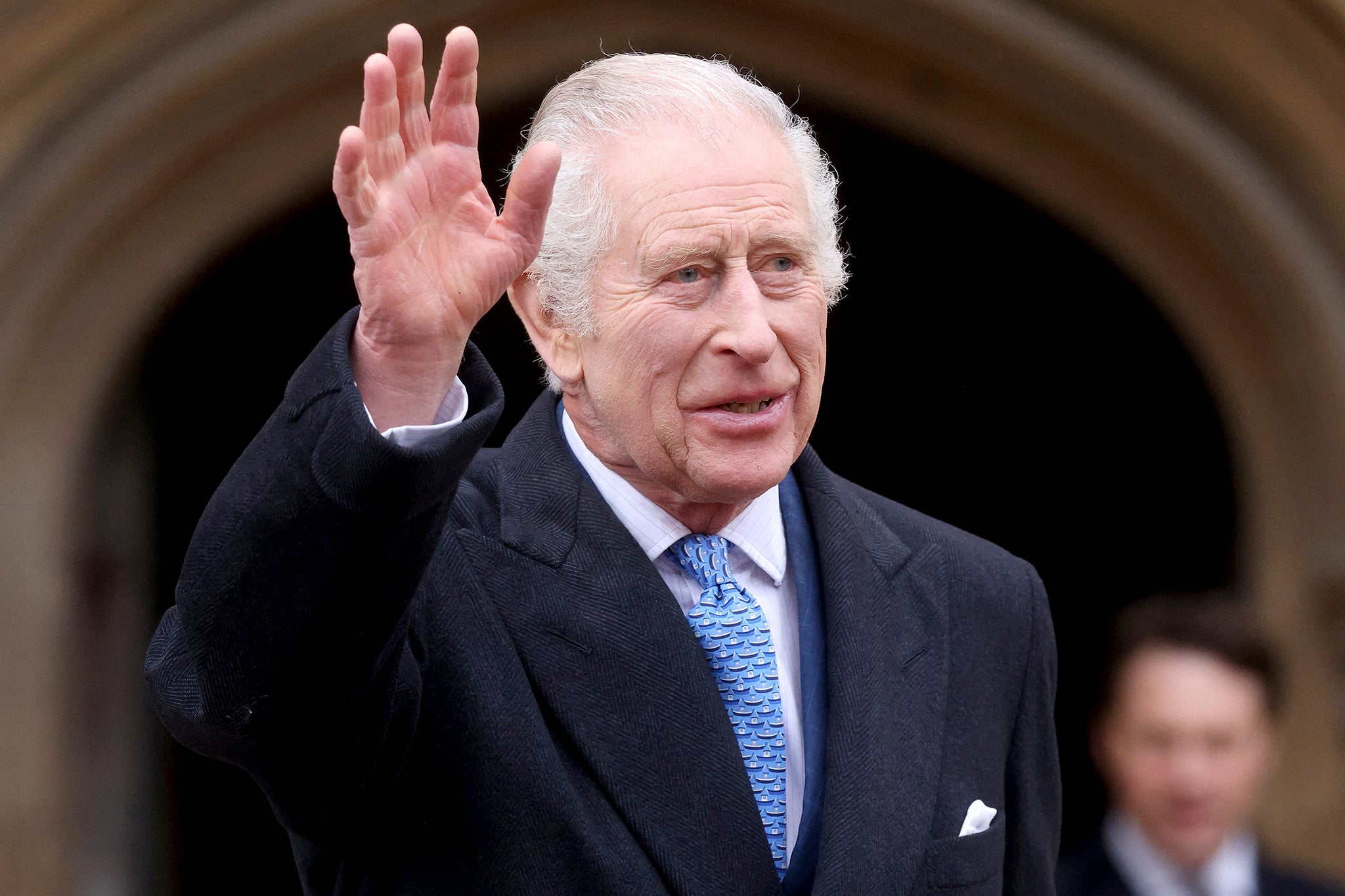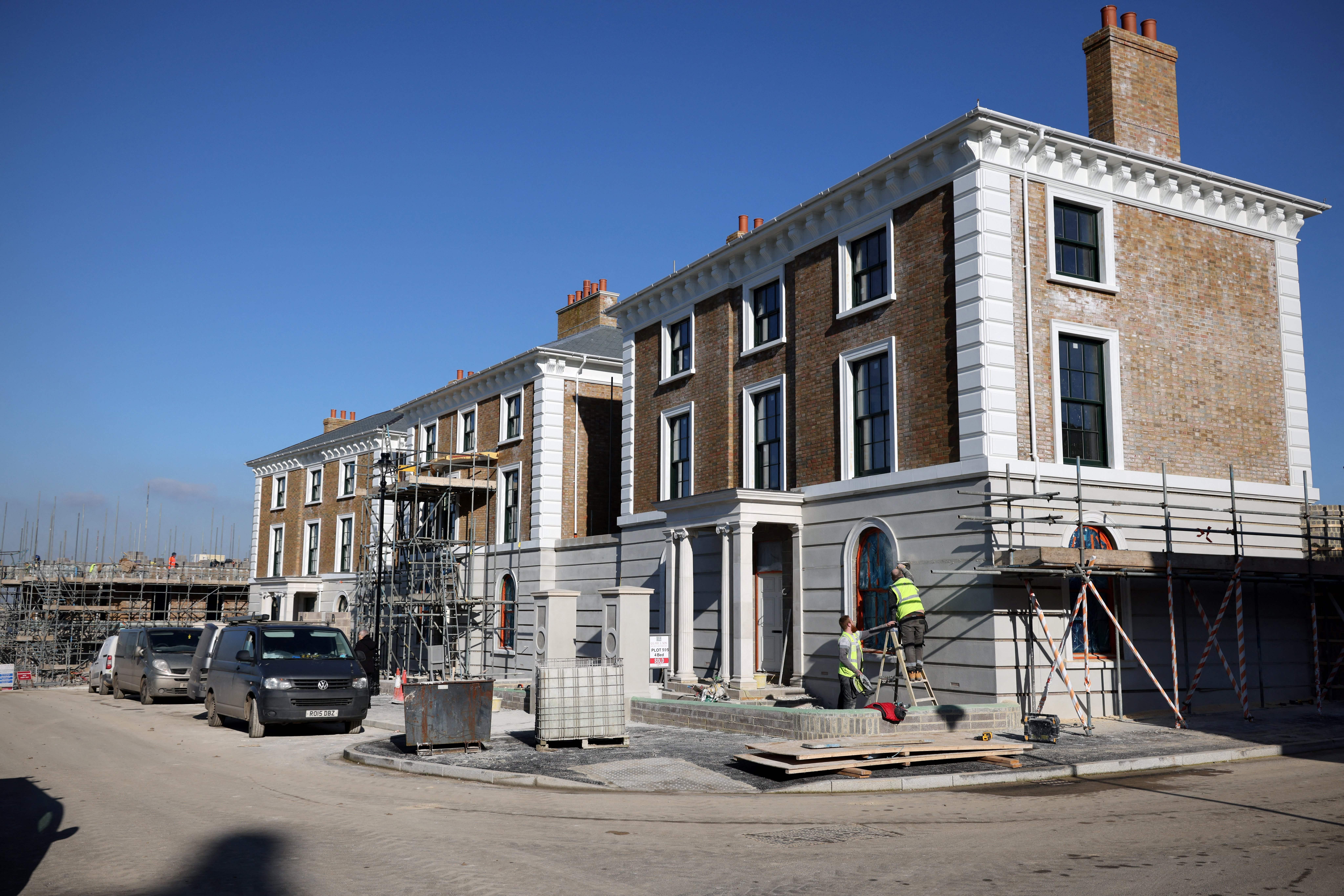King Charles faces backlash from Kent residents over plans to build ‘ideal town’
Duchy of Cornwall proposes to build 2,500 homes on 320 acres of agricultural land in medieval market town Faversham
Your support helps us to tell the story
From reproductive rights to climate change to Big Tech, The Independent is on the ground when the story is developing. Whether it's investigating the financials of Elon Musk's pro-Trump PAC or producing our latest documentary, 'The A Word', which shines a light on the American women fighting for reproductive rights, we know how important it is to parse out the facts from the messaging.
At such a critical moment in US history, we need reporters on the ground. Your donation allows us to keep sending journalists to speak to both sides of the story.
The Independent is trusted by Americans across the entire political spectrum. And unlike many other quality news outlets, we choose not to lock Americans out of our reporting and analysis with paywalls. We believe quality journalism should be available to everyone, paid for by those who can afford it.
Your support makes all the difference.The King’s plan to build an “ideal town” in Kent has sparked outrage amid accusations of “swallowing up historic villages into one urban mass”.
The Duchy of Cornwall has proposed to build 2,500 homes on 320 acres of agricultural land in the medieval market town of Faversham, Kent.
The plan was announced when Charles, then the Prince of Wales, managed the estate in 2018, with the aims of delivering the “most sustainable” homes possible, while simultaneously combatting a housing crisis in the area.
However, local residents have warned the development – which is set to deliver an “ideal town” similar to the Duchy’s first “urban extension” in Poundbury – is “totally at odds” with the monarch’s stance on environmental and farming issues, and could not be supported by the town’s infrastructure.
The strong opposition has been aired in a public consultation following the submission in December of an application for consent to start work on the initial 261 homes, with 120 homes set to be built per year across two decades.

The development website says the plot, which was acquired by the Duchy in 1999 and is located to the southeast of Faversham, will have “affordable homes designed and built to the same high-quality standards, indistinguishable from market homes”.
There is set to be space for “food stores and independent retailers, craftmakers and producers” as well as a new high street and primary school. “Options are being explored for a care home and potentially a range of health-related facilities.”
It adds: “South East Faversham will be an attractive, modern and enjoyable place in which people can live, work, shop and relax. It will be guided by local needs and inspired by the character of Faversham.”
After the plans were put out for public consultation with Swale Borough Council, The Telegraph reported one complainant saying last week: “The Duchy proposes such a development with the consequential loss of a huge area of fine productive agricultural land. This seems totally at odds with HRH’s public stance on environmental and farming issues.”

Voicing their grievances in a social media campaign group, another local said: “It seems there’s no end to the greed of Prince William and King Charles!! It’s a disgrace that they pose as environmentalists when in fact they’re like all developers and it’s purely about the money! And what about food security?? All this Grade 1 and 2 farmland being concreted over.”
A third resident added: “My family are very proud third-generation Duchy farmers and they feel ashamed and betrayed. No honour, just greed. We were hoping the Royals were maybe oblivious to it all, with good intentions, but it’s all a gloss.”
One more said: “Do you really want it to be ‘on your watch’ that all our historic villages are swallowed up into one urban mass, and so much vital agricultural land will be lost forever?”
A spokesperson for the Duchy of Cornwall told The Independent: “South East Faversham will, if planning permission is granted, follow in the footsteps of Poundbury, Nansledan and other sustainable Duchy developments and become one of the most environmentally friendly neighbourhoods in the United Kingdom.
“It will prioritise access to green spaces, sustainable transport and will focus on the community’s needs – including affordable housing and a new primary school as well as new traffic infrastructure and healthcare services.
“New green spaces including meadows, orchards, allotments and woodland means biodiversity is set to increase by 20 per cent while a focus on sustainable travel and building a walkable neighbourhood is expected to generate 20 per cent fewer car trips compared to similar-sized communities.”
The Duchy added that at least 400 homes will be social rent and linked to local incomes, and a further 475 market homes will be discounted for first-time buyers and shared ownership homes, with affordable housing for local people and key workers prioritised.

Join our commenting forum
Join thought-provoking conversations, follow other Independent readers and see their replies
Comments